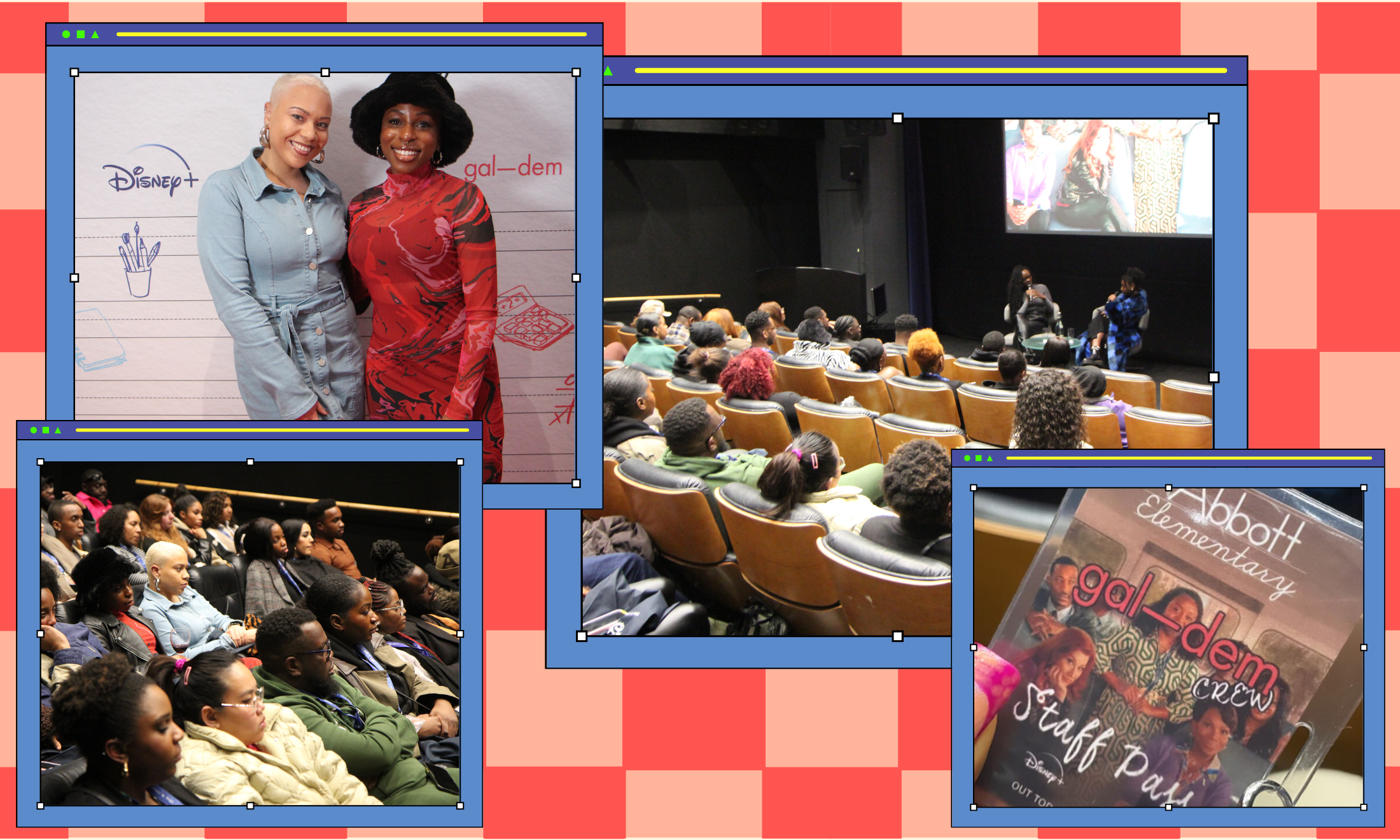
‘Shame is for him, and him alone’: the ground-breaking novel written by a survivor of rape
Meera Narendra
10 Nov 2018
Image by Jason Wen/Creative Commons
“They say events like this change your life forever”
Ten years ago, Winnie M Li visited Belfast for a work conference. However, what she thought would be a straightforward business trip was marred by an assault that would set her life on a path she never imagined. Whilst hiking, Li was raped by a 15-year-old boy. Li secured a rare conviction for the boy who raped her; he pleaded guilty, and was sent to jail. Since her ordeal, Li has dedicated her career to raising awareness about sexual assault and the need for victims to speak the truth without judgement.
After facing sexual assault, Li wrote a novel, Dark Chapter. Although certain aspects of the book are fictional, much of the novel is based on Li’s own experience of sexual violence. The novel, unlike the majority of personal writing on this topic, focuses on both the life of the perpetrator and the perspective of the victim.
“Winnie poses the question: “How do you make the decision to rape someone in the first place?”
I met with Winnie M Li after her talk at TedxLondon in July 2018. As a public speaker, Li appears incredibly confident, strong and happy; she challenges and defies all notions of the disempowered “victim” which is peddled by tabloid newspapers. When I ask Li about her choice to take the unusual approach of presenting her rapist’s perspective in her book, she explained that she wanted to explore how two different individuals from very different worlds are impacted after interacting in one moment of pure violence. Winnie poses the question: “How do you make the decision to rape someone in the first place?”
Parts of the book lead the reader to sympathise with the perpetrator, as the narration humanises him. At points, I felt repulsed by my own sympathy for the boy who had committed the crime. Li explained: “I wanted to try and make sense of what happened to me, and the only way I could make sense of that was by looking at the perpetrator, and trying to understand why he committed the crime.”
Li’s growing body of work has a clear message: that rapists are not inhuman monsters, but everyday men and boys whose actions are a consequence of the gender inequality and misogyny that pervade all arenas of public and private life and manifest in different ways. Nonetheless, I’m struck by Li’s incredible generosity in giving time and energy to presenting the aftermath of a sexual assault.
“During her attack, certain comments made by the perpetrator suggested that he had been consuming racist pornography”
As a woman of colour, Li tells me that she has experienced media attention that primarily focuses on her Taiwanese background, rather than the assault she experienced. Her defining characteristics are frequently outlined as her victimhood and her foreign-ness. She explains that racism and sexism absolutely interplay in sexual violence, and in Dark Chapter Li makes reference to the fact that during her attack, certain comments made by the perpetrator suggested that he had been consuming racist pornography which fetishished East Asian women.
Li explains that due to racist stereotypical representations of East Asian women, often assumptions are made that they are “subdued”, “meek”, and therefore less likely to be vocal about sexual violence or harassment. A study by the Asian/Pacific Islander Domestic Violence Resource Project found that around half of Asian American women have experienced physical and/or sexual violence, but the vast majority of these incidences are not reported to statutory bodies. Across marginalised groups, underreporting can be attributed to a fear of not being believed, as women report that law enforcement sometimes themselves hold problematic views relating to women’s right to body autonomy, which for women of colour have deep historical roots in slavery, rape as a weapon of war, and colonialism.
“Li explains the importance of creating an informal, friendly and inclusive space to discuss sexual violence”
I ask Li about what she plans to do next, and she tells me she is continuing to work on the festival she created on the seventh anniversary of the date she was raped. Li co-founded the Clear Lines Festival with Dr Nina Burrowes, a psychologist specialising in sexual violence and abuse. She was inspired to create the festival because of survivors she knew who were artists who wanted to create work around these issues. The four-day event was attended by four hundred people in its first year, and included film screenings, stand-up comedy, theatre and spoken word performances addressing the issue of rape, sexual assault, child sexual abuse and misogyny. The festival also included panel discussions focusing on different aspects of these issues, with one panel discussing the experiences of male survivors and another exploring what men can do help end sexual violence.
Li explains the importance of creating an informal, friendly and inclusive space to discuss sexual violence outside of academic settings and formal conferences, which can often be intimidating. Clear Lines provides a space where survivors can speak freely without fear of stigma and victim-blaming. The festival also celebrates and embraces the creativity of survivors who use art to process difficult experiences, and to express themselves and connect with other survivors.
In her TEDx talk, Li refers to her ongoing healing process as a process of “finding your way back”; she describes it as a journey, which she continues to navigate despite often feeling lost and adrift. Reflecting on the emotional distance she has travelled, Winnie remarks: “I thought my life was going this way, but this thing happened to me, and suddenly my life is going in a totally different weird direction.” For Li it seems important to acknowledge her journey has not been straightforward, but that it has involved unpredictable diversions. She remains confident that perseverance on her path, however long it takes, will lead to recovery.
More information on Clear Lines Festival is available here: http://clearlines.org.uk/. Winnie Li’s book is Dark Chapter (Legend Press).






